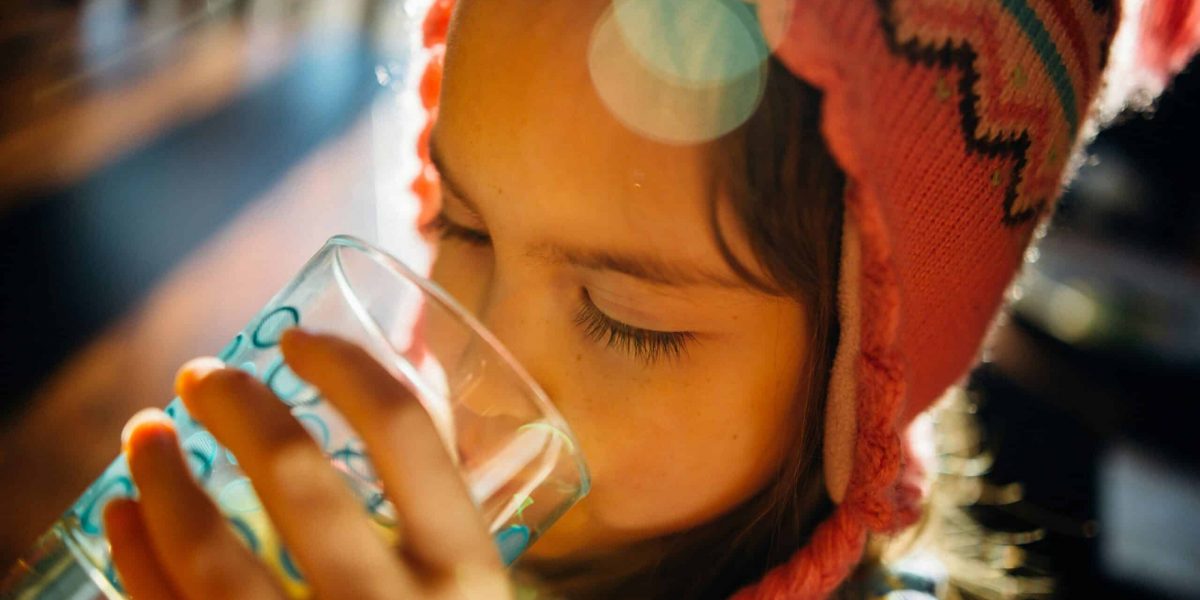Proper hydration and electrolyte replenishment are vital to maintaining peak performance during physical activity, whether you’re participating in intense workouts, sports events, or just staying active. These elements not only support overall health but also significantly influence your endurance, strength, and recovery. Without the right balance of fluids and electrolytes, athletes risk fatigue, cramps, and even more severe physical consequences. This article delves into why hydration and electrolytes are so crucial and how they work together to optimize athletic performance.
Why Is Hydration Essential for Sports Performance?
When you engage in physical activity, your body loses fluids through sweat, and it’s essential to replace them to maintain performance. Dehydration can quickly lead to a drop in energy, slower reaction times, and a heightened risk of injury. Even mild dehydration can make your body feel sluggish and hinder your ability to perform at your best.
Water plays a crucial role in transporting nutrients to your muscles, maintaining body temperature, and flushing out waste products. During intense physical exertion, especially in hot or humid conditions, you need to drink consistently to replace the fluids lost. Studies indicate that even a 2% loss of body weight due to dehydration can impair performance significantly, causing fatigue, reduced strength, and diminished endurance.
Drinking water alone, however, isn’t always enough to replenish lost nutrients—electrolytes are equally important. Electrolytes, including sodium, potassium, calcium, and magnesium, help maintain the balance of fluids in your body and ensure your muscles function properly.
How Do Electrolytes Affect Athletic Performance?
Electrolytes are electrically charged minerals that help regulate fluid balance, nerve function, and muscle contractions. When you sweat, you not only lose water but also valuable electrolytes, especially sodium and potassium. If these are not replaced, you may experience muscle cramps, dizziness, and other symptoms of electrolyte imbalance.
For athletes, maintaining the right balance of electrolytes is crucial for optimal muscle function and nerve signaling. Without adequate levels of electrolytes, the body’s ability to contract muscles effectively diminishes, leading to fatigue and cramping. Electrolyte imbalance can also affect mental clarity and concentration, which are critical during intense physical efforts or sports events.
To ensure you’re replenishing these essential minerals, many athletes opt for drinks specifically formulated with electrolytes. While sports drinks are commonly used, some athletes prefer natural alternatives like coconut water, which contains potassium and sodium. The goal is to maintain the proper ratio of electrolytes to prevent performance drops and enhance overall physical well-being.
What’s the Right Balance Between Hydration and Electrolytes?
Finding the right balance between water and electrolytes is key to preventing both dehydration and overhydration, also known as water intoxication. Overhydration can dilute the body’s electrolyte levels, leading to a dangerous condition called hyponatremia, where sodium levels in the blood drop too low.
The ideal approach is to hydrate before, during, and after physical activity. A good guideline is to drink water regularly throughout the day and to focus on electrolyte-rich drinks during extended periods of exercise or intense activity. How much you need will depend on factors such as the duration and intensity of your workout, the environment, and your individual sweat rate. Generally, athletes need to consume between 500-700 milliliters of water for every hour of exercise.
Best Practices for Staying Hydrated and Replenishing Electrolytes
Maintaining hydration and electrolyte balance during physical activity doesn’t have to be complicated. By following some simple guidelines, you can ensure that you’re properly fueling your body for optimal performance.
Pre-Hydrate: Start your workout or event well-hydrated by drinking water before beginning your activity. Aim for at least 500 ml (17 oz) of water about 2 hours before starting.
Hydrate During: During intense exercise or sports events lasting longer than an hour, consider sipping on water with added electrolytes or a sports drink that contains sodium, potassium, and magnesium. It’s also wise to drink small amounts regularly rather than waiting until you feel thirsty.
Post-Exercise Recovery: After exercise, make sure to replenish lost fluids and electrolytes. Drinking electrolyte-infused beverages or eating foods like bananas (rich in potassium) can aid in quick recovery.
Monitor Your Body: Pay attention to how your body feels during exercise. Signs like muscle cramps, dizziness, or excessive fatigue could indicate an electrolyte imbalance or dehydration. If this happens, take a break and hydrate with an electrolyte solution.
The Role of Hydration and Electrolytes in Performance
Staying properly hydrated and replenishing electrolytes is a cornerstone of peak athletic performance. As sports and physical activities place demands on your body, understanding the role of hydration and electrolytes is essential to avoid fatigue, cramping, and reduced endurance. By carefully balancing your fluid intake and electrolyte replenishment before, during, and after activity, you can improve your stamina, recovery, and overall health. Whether you’re a seasoned athlete or a casual gym-goer, paying attention to your hydration needs can make a world of difference in how you feel and perform.








